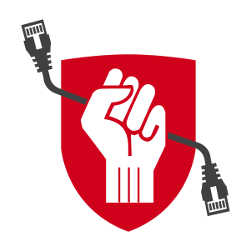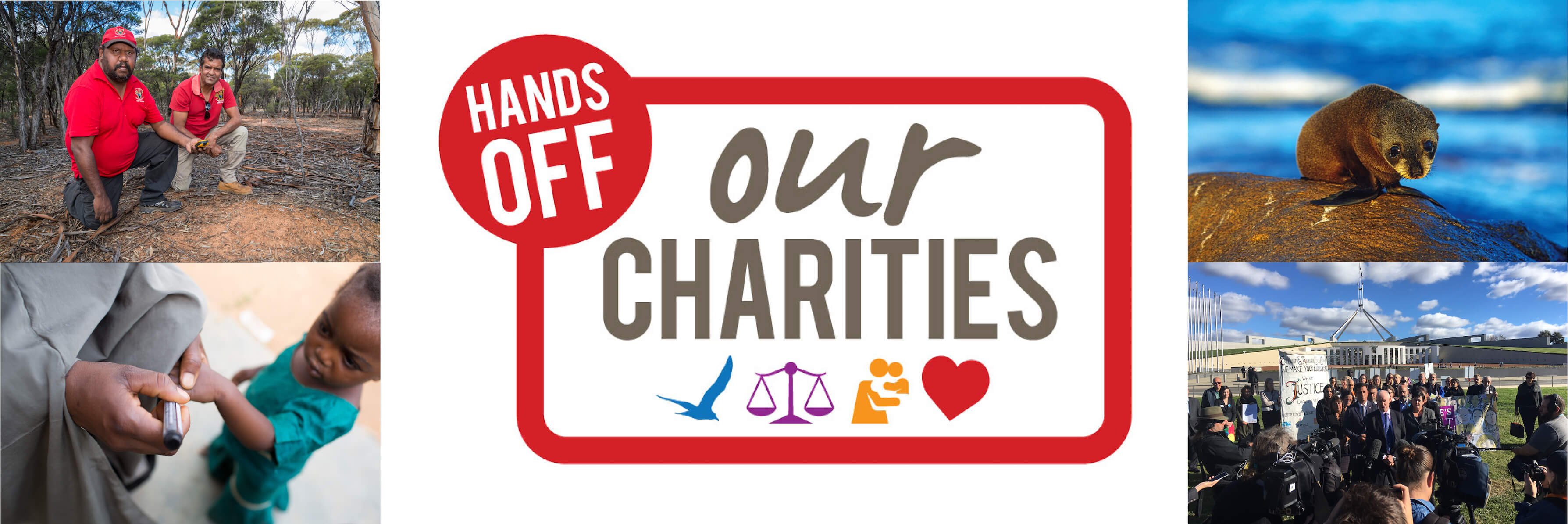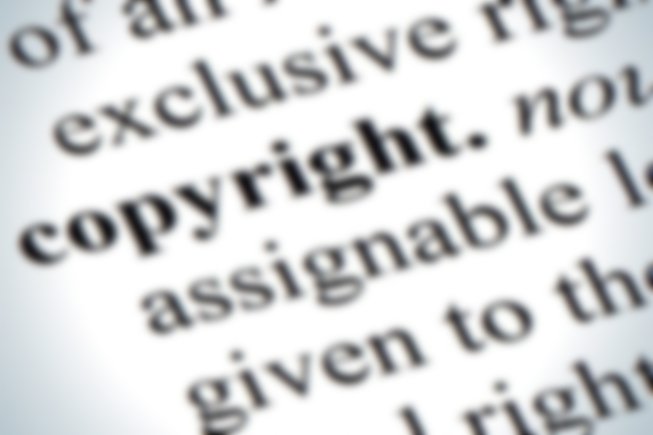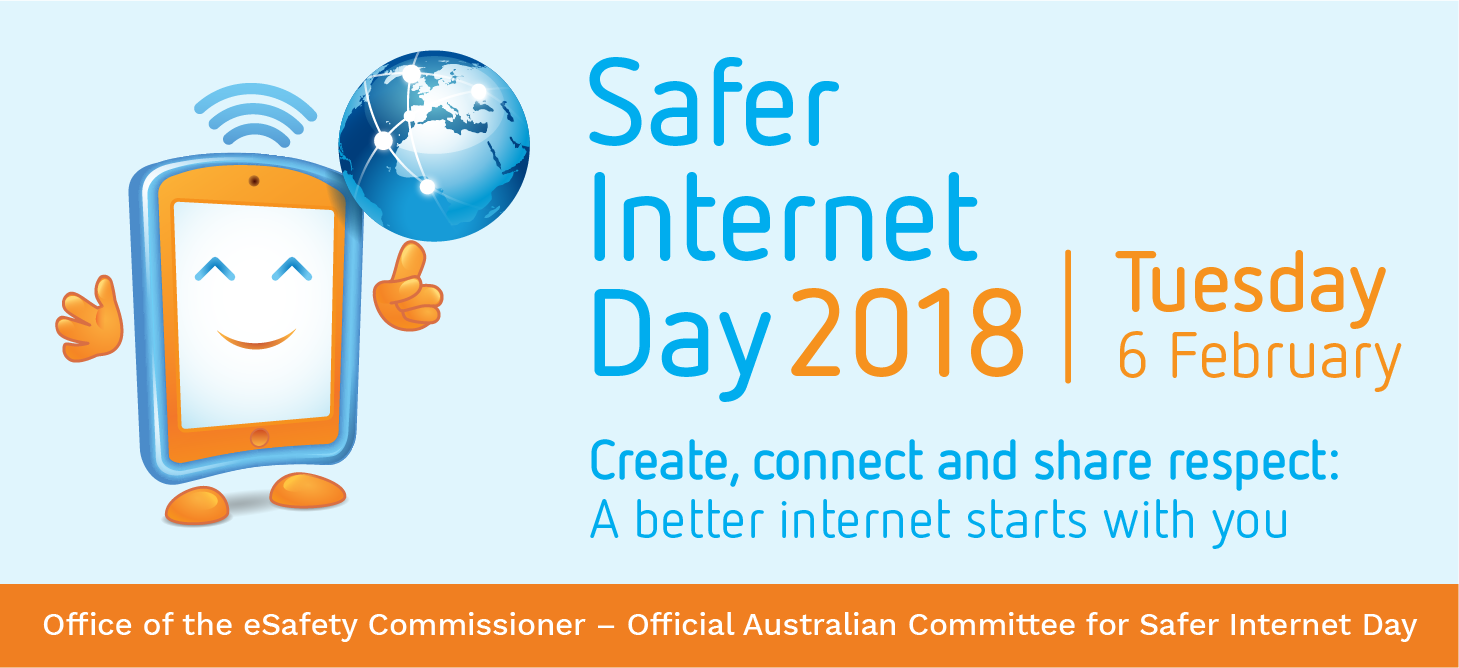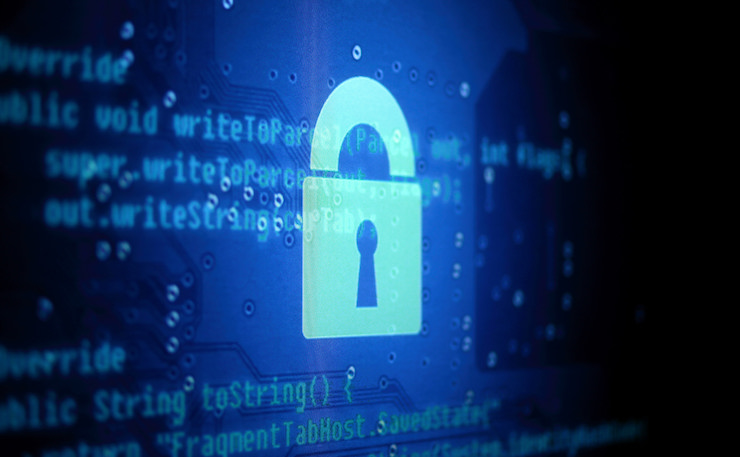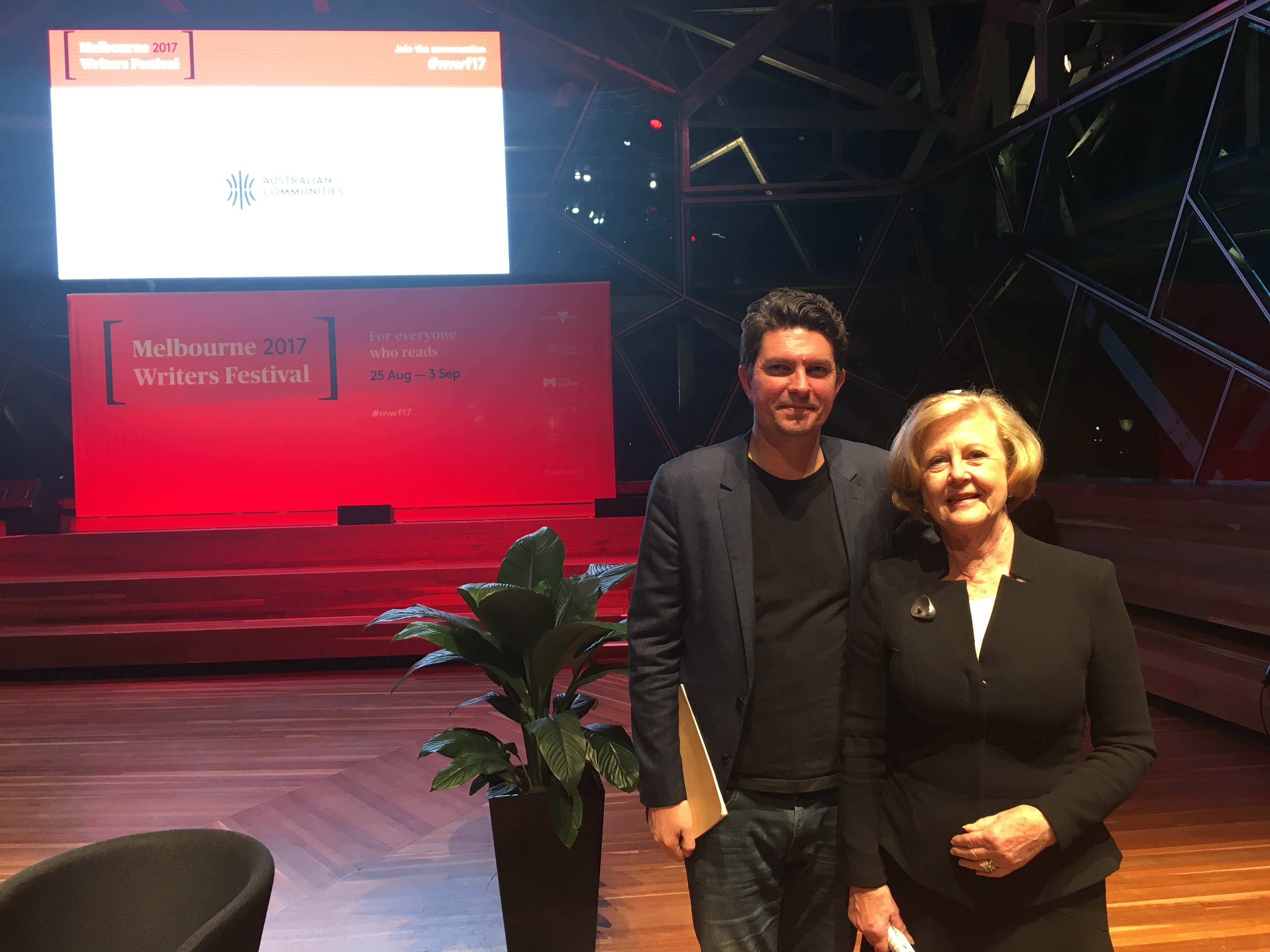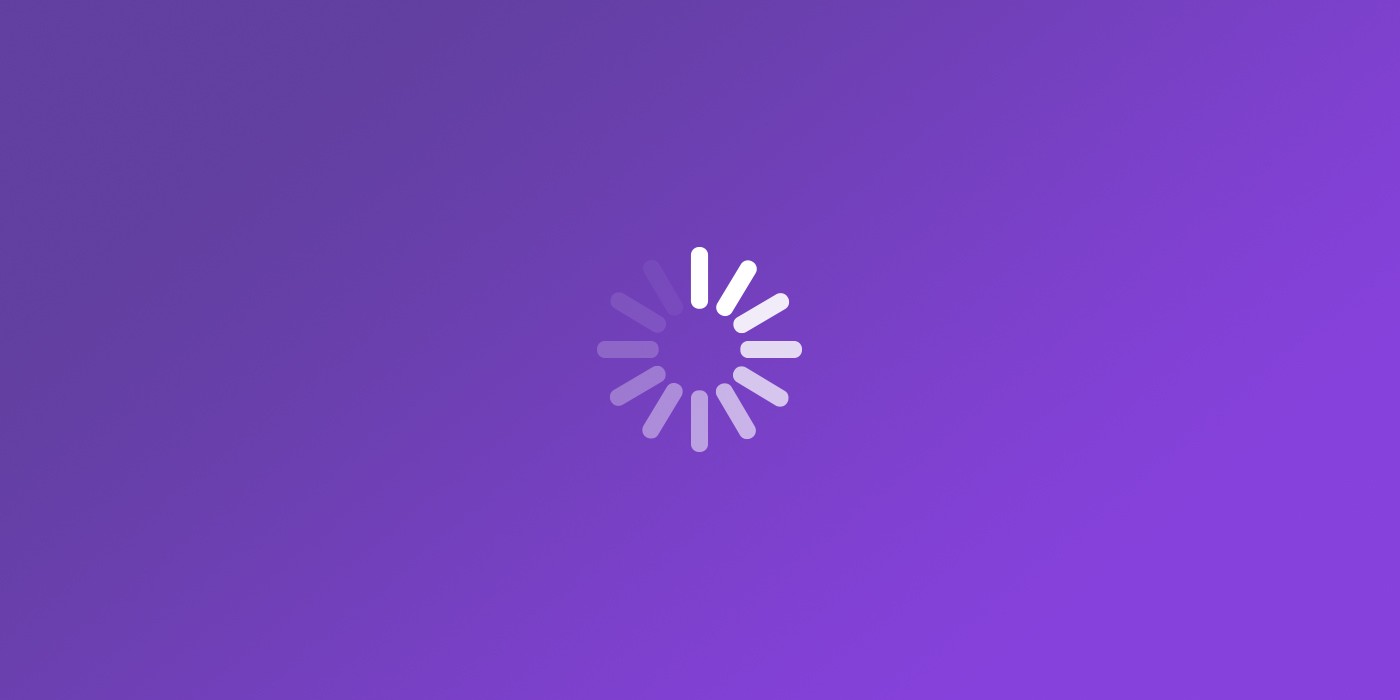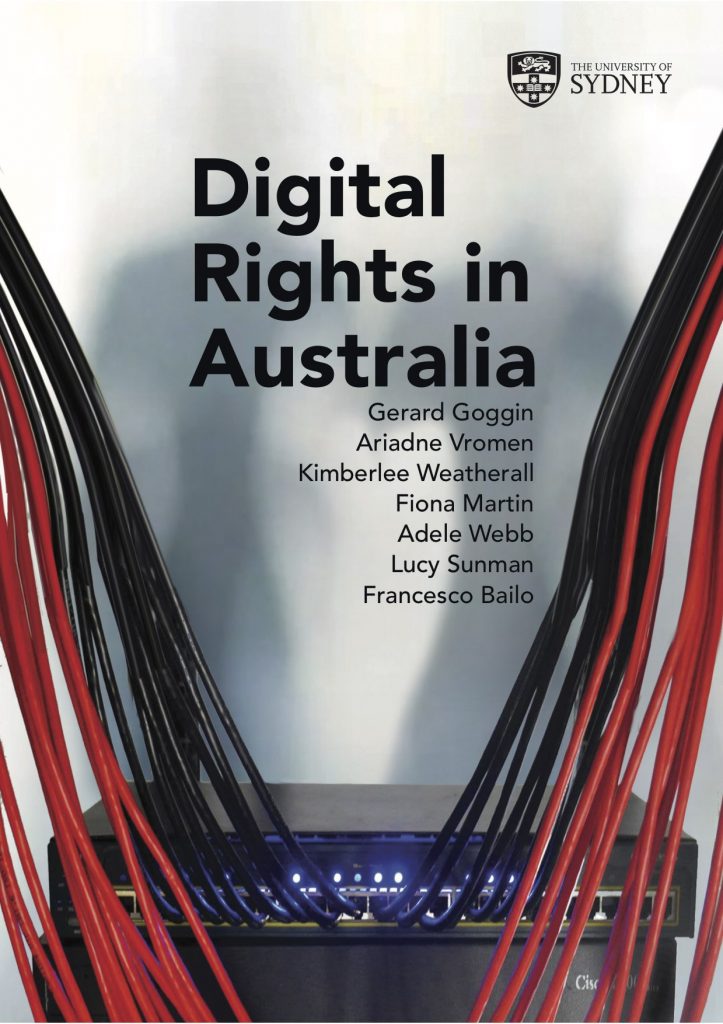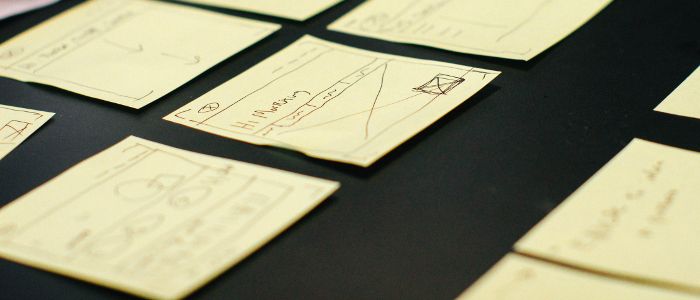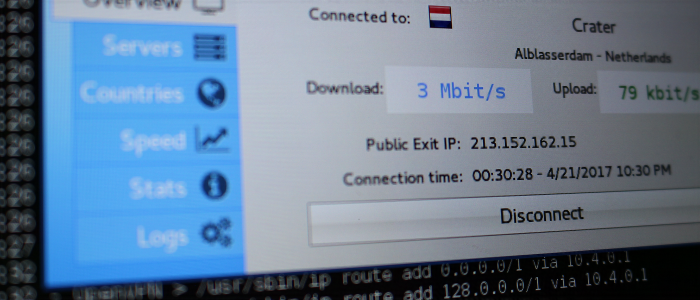Digital Rights Watch is proud to support the Internet Freedom Hack, happening this year in Melbourne and Brisbane between 20-22 April.
Open letter to Australian Parliamentarians in regards to charity advocacy
Digital Rights Watch has signed on an open letter to Australian Parliamentarians about the ability of charities and nonprofits to operate effectively.
Time to cut ties with the digital oligarchs and rewire the web
Facebook’s reckless vanity has made the headlines again, with the revelation that data it held on about 50 million users was exploited commercially without their consent, and that when Facebook …
Submission to Review of the Copyright Online Infringement Amendment
The Department of Communications and the Arts is undertaking a review of the Copyright Online Infringement Amendment, and Digital Rights Watch has provided evidence to this process.
Australian Digital Rights Organisations Call For Politicians To Clarify Their Dealings With Cambridge Analytica
In light of the revelations that Cambridge Analytica has reportedly misused the data of over 50 million people on Facebook, Australia’s leading digital and civil rights advocates call on all Australian governments and political parties to categorically answer several questions.
Data breach notification scheme an important step towards building trust with public’s right to privacy
Privacy advocates Digital Rights Watch have welcomed the start of a national mandatory data breach notification scheme.
Submission to the Inquiry into the National Security Legislation Amendment (Espionage and Foreign Interference) Bill 2017
Our submission to the Parliamentary Joint Committee’s review of the National Security Legislation Amendment (Espionage and Foreign Interference) Bill 2017.
Submission to Inquiry into new Information Communication Technologies and Law Enforcement
Our joint submission to the Joint Committee on Law Enforcement’s Inquiry into new Information Communication Technologies (ICTs) and the challenges facing law enforcement agencies.
Digital Rights Watch pays tribute to EFF founder John Perry Barlow
We at Digital Rights Watch wish to pay our respects to the late John Perry Barlow, and share our sympathies with his family, friends, colleagues, and fellow activists.
Safer Internet Day
Safer Internet Day is an opportunity to raise awareness of the safe and positive use of digital technology, and to explore the role we can all play in creating a better and safer online community.
Submission to Copyright Amendment (Service Providers) Bill 2017
Digital Rights Watch’s submission to the Senate Environment and Communications Legislation Committee in relation to the Copyright Amendment (Service Providers) Bill 2017.
UK court ruling on mass surveillance serves as a warning to Australian operations, warns digital rights advocates.
Following a legal challenge by UK Labour MP Tom Watson and civil rights group Liberty, the UK Court of Appeal has ruled that accessing retained data without proper oversight, or if there was no serious crime, is inconsistent with EU law.
Strong encryption serves Australia’s national interests and creates more robust systems
Digital rights groups are urging the Australian government to protect and strengthen encryption in a detailed briefing submitted to the Parliamentary Joint Committee on Law Enforcement inquiry.
The Role of Encryption in Australia
Encryption is essential to the digital society, and encryption is only effective if it is robust. A new memo on the Role of Encryption in Australia from Access Now.
2017 – a year of campaigning for digital rights.
Well now, that was a long year. Here’s a quick reminder of all the happenings in the digital rights space that the team at Digital Rights Watch has been working on.
U.S. FCC repeal of Net Neutrality will have global consequences
Australian digital rights advocates today condemned the decision of the United States Federal Communications Commission to dismantle the agency’s 2015 Open Internet Order which required internet service providers to treat all internet traffic equally.
Digital Rights in Australia: Report
The University of Sydney have published a report into Digital Rights in Australia, which explores urgent questions about the nature of our rights now and into the future.
Using PGP
PGP stands for Pretty Good Privacy. It’s an encryption program that’s mainly used for email encryption, but it can be used for encrypting any sort of data.

